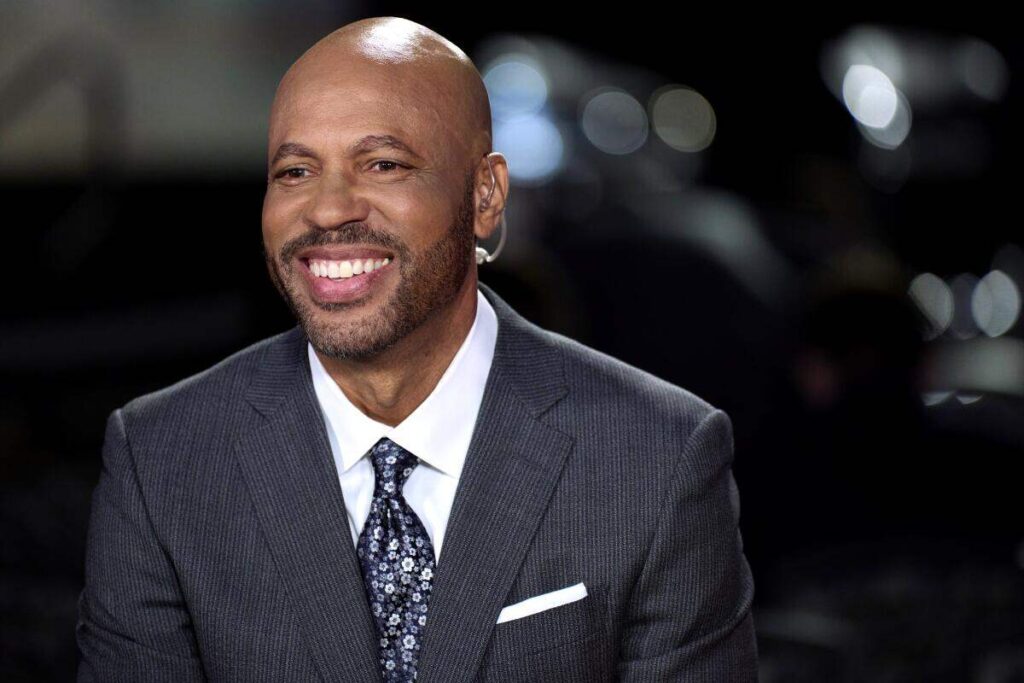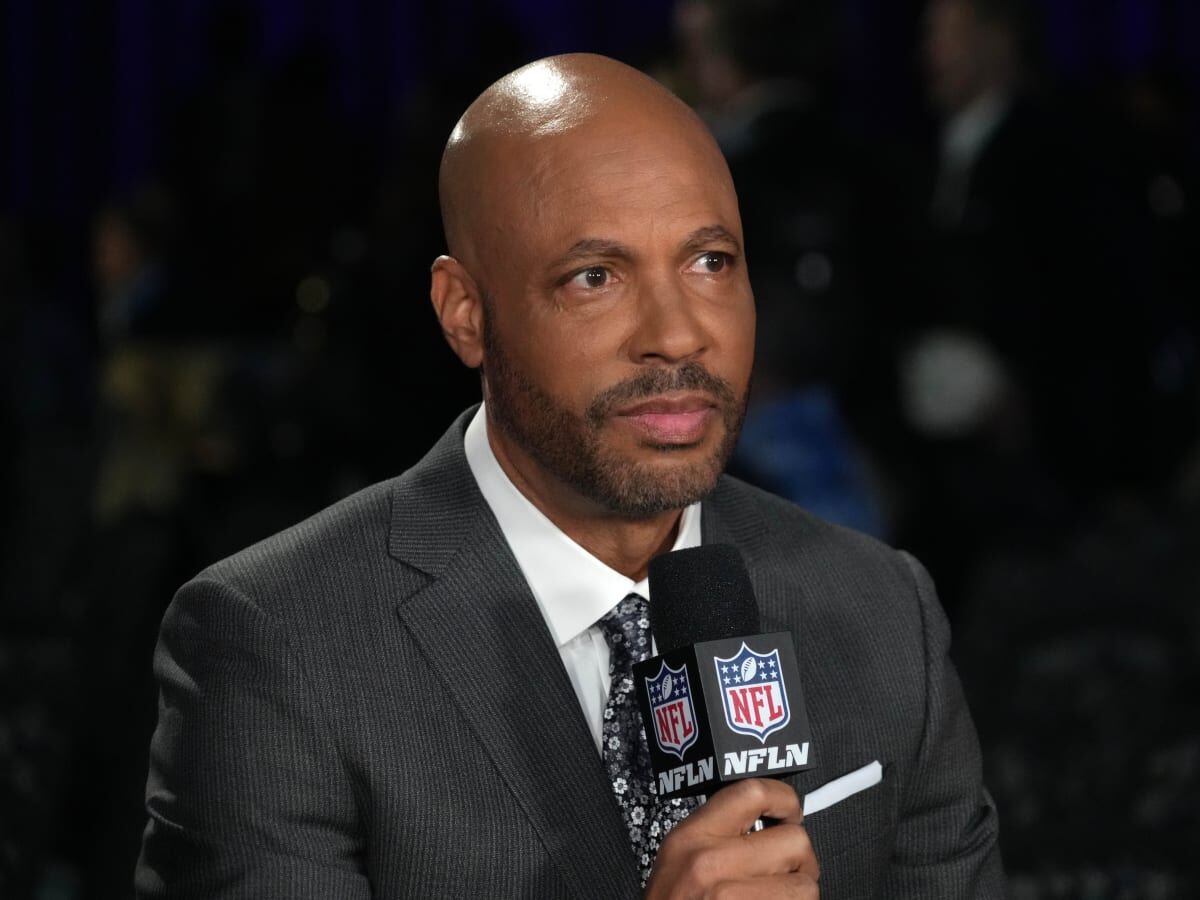Jim Trotter, a prominent national columnist for The Athletic, boasts an impressive career history with esteemed outlets such as NFL Media, ESPN, and Sports Illustrated. However, it is his recent lawsuit against the NFL and its affiliated cable channel that has brought him significant attention, as he alleges racial discrimination during his tenure at the NFL Network.
As the legal battle continues, all eyes have been on the outcome, which could have far-reaching implications for diversity within the league. With the NFL Conference Championship looming on the horizon, the league has officially addressed Trotter’s bold allegations against it.
NFL seeks to dismiss Jim Trotter lawsuit
The NFL has taken legal action to dismiss a case brought forth by journalist Jim Trotter, signaling a potential legal battle ahead. According to a report from NBC Sports, the NFL filed a motion on Friday night to dismiss Trotter’s action, accompanied by a comprehensive 26-page legal brief outlining their stance on the matter.
Lawyers representing the NFL just filed a motion to dismiss former NFL Media reporter Jim Trotter’s racial discrimination lawsuit. pic.twitter.com/N0SrUiw4y2
— A.J. Perez (@byajperez) January 27, 2024
The incident stems from a series of events, including a four-page letter sent last November to U.S. District Court Judge Paul Crotty by former Attorney General Loretta Lynch, representing several NFL entities. In the letter, Lynch outlined the NFL’s intention to file a motion to dismiss Trotter’s case and requested a stay of discovery.
Loretta claimed that his contract was not renewed due to his tough questioning of NFL Commissioner Roger Goodell during Super Bowl Week regarding the league’s lack of diversity in front offices and coaching ranks.
In response to the NFL’s motion, attorney Doug Wigdor, representing Trotter, expressed confidence in their case’s strength, dismissing the NFL’s attempt to delay proceedings. Wigdor emphasized their belief that any motion to dismiss would be unsuccessful and merely serve as a tactic to prolong the legal process.
“We are very confident any motion to dismiss will be unsuccessful and is simply an attempt to delay which is why they are also requesting a stay of discovery.”
The case is further complicated by the absence of an arbitration clause in Trotter’s contract, which would typically require disputes to be resolved through arbitration under the jurisdiction of Commissioner Goodell himself, as is common in many NFL employment contracts.
As the legal proceedings unfold, both sides remain entrenched in their positions, setting the stage for a potentially protracted legal battle between Jim Trotter and the NFL. With the future of Trotter’s contract hanging in the balance, the outcome of this case could have far-reaching implications for the league and its handling of employment disputes.
Details on Jim Trotter sacking
Back in September 2023, Jim Trotter claimed that his contract was not renewed due to his outspoken advocacy for diversity within the league’s ranks, including its offices, coaching staff, and media arm.
At the heart of the case is his assertion that he was labeled a troublemaker by the NFL due to his vocal stance on the lack of black representation within the league. He contends that his efforts to hold the NFL accountable for diversity and inclusion ultimately led to the termination of his contract.

In a statement addressing the lawsuit, the former ESPN reporter emphasized the importance of accountability in fostering diversity, equity, and inclusion within the NFL. He expressed disappointment that his advocacy for change resulted in the loss of his job, highlighting the challenges faced by those who speak out against systemic issues.
Trotter’s lawsuit also includes troubling allegations against NFL team owners. He claims that Buffalo Bills owner Terry Pegula made racially insensitive remarks during the height of the Black Lives Matter movement in 2020, suggesting that black players should “go back to Africa” if they were unhappy.
Additionally, Trotter alleges that Dallas Cowboys owner Jerry Jones, who brutally slammed NFL refs, made dismissive comments regarding the lack of black professionals in team decision-making positions.
In response to his lawsuit, the NFL has refuted his claims, arguing that the law does not provide him with recourse, even if his allegations are proven to be true.
What’s your take on the NFL’s decision regarding the reporter’s lawsuit? Make sure to let us know in the comments section.







